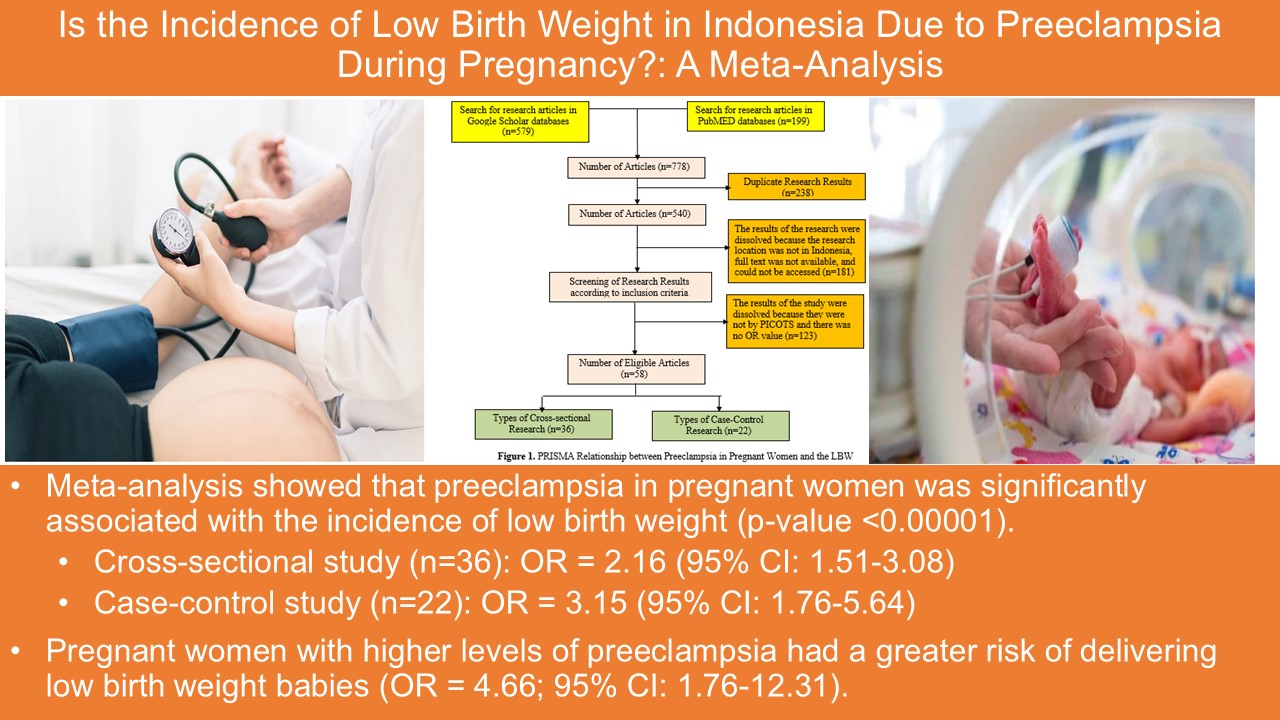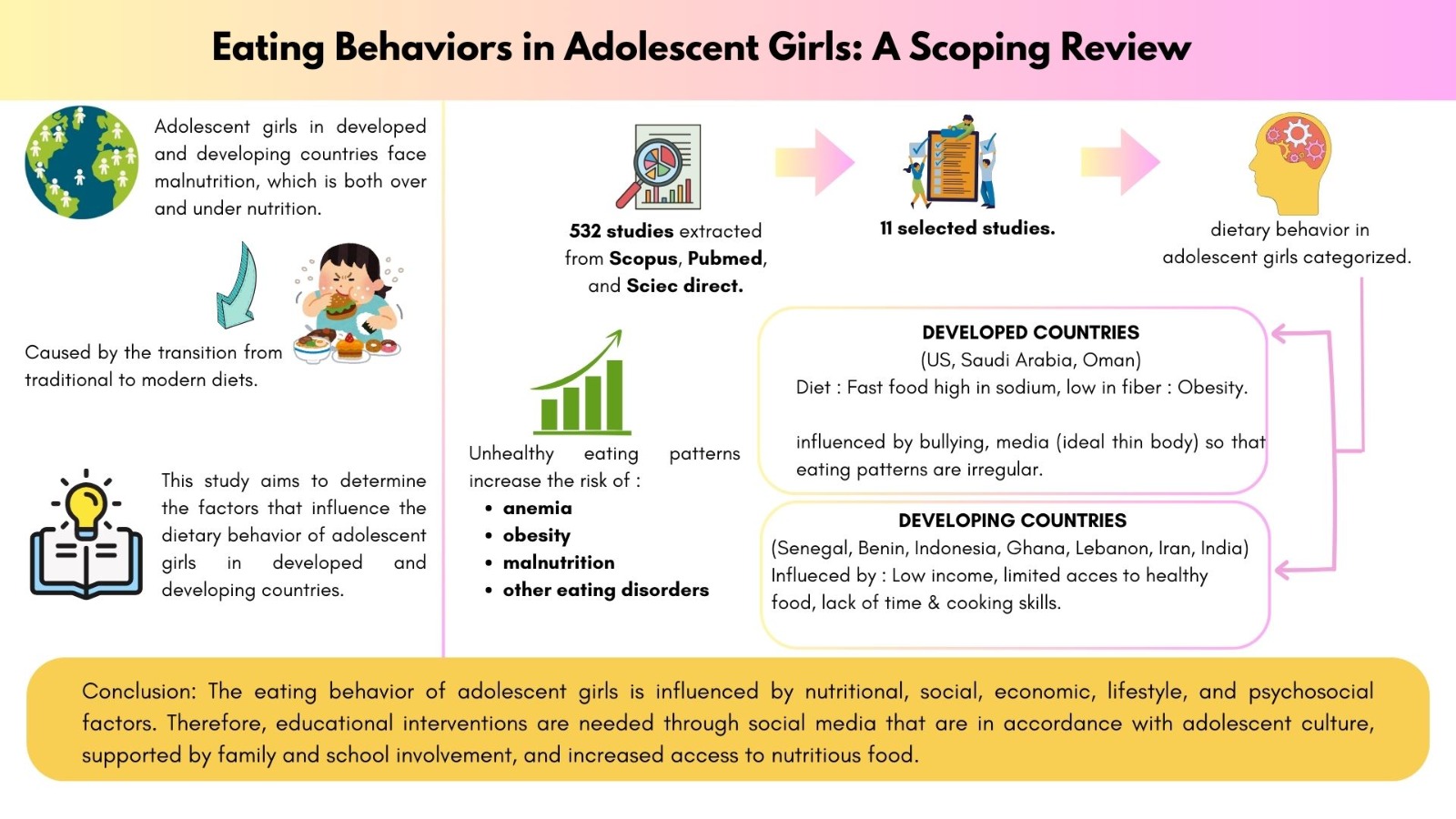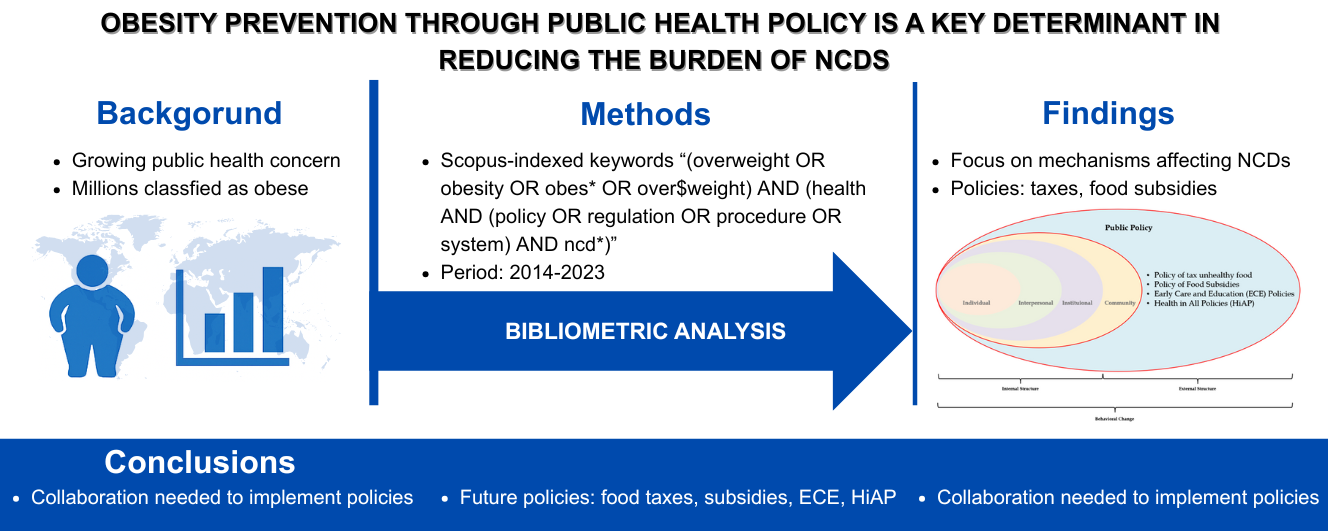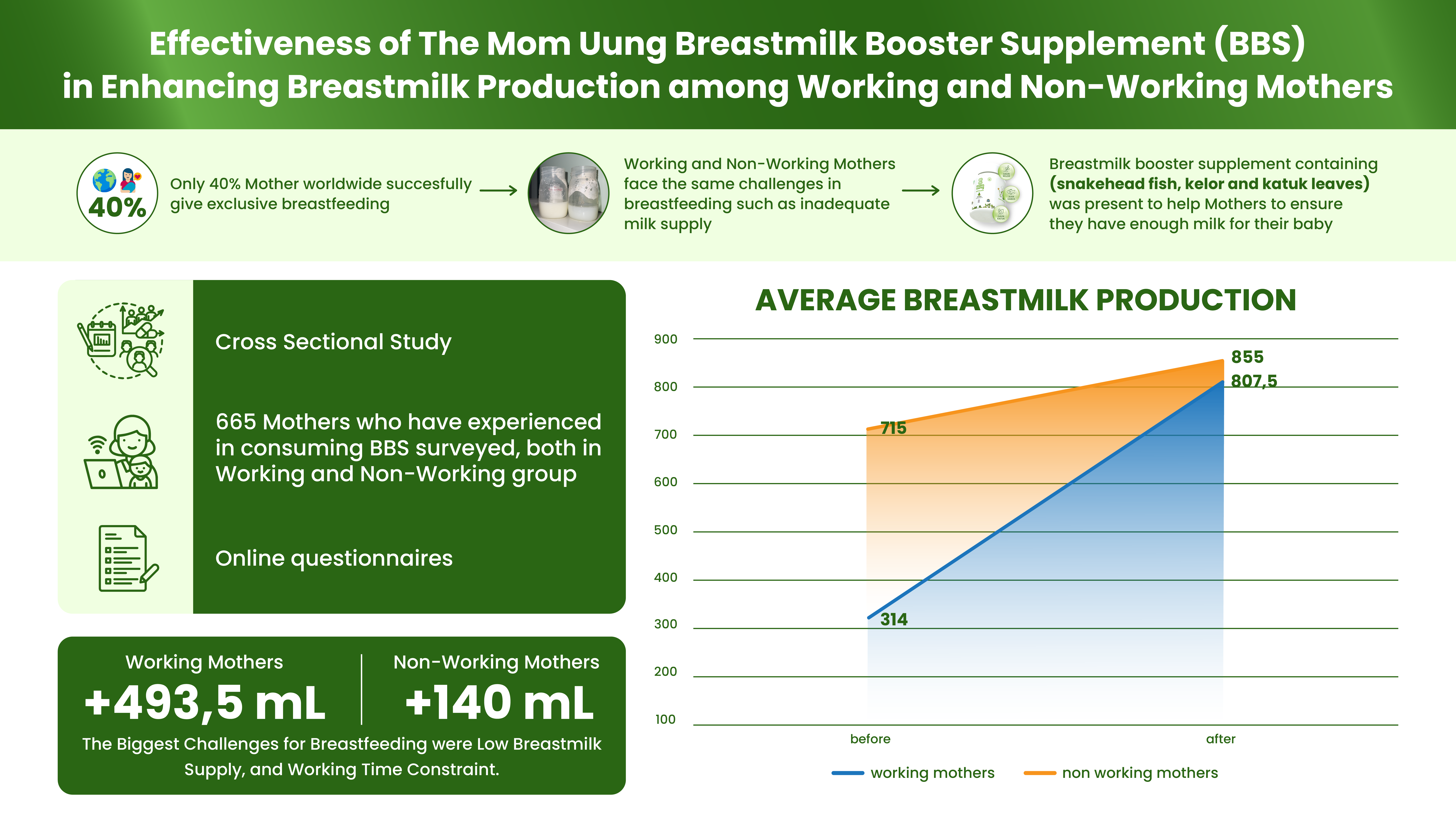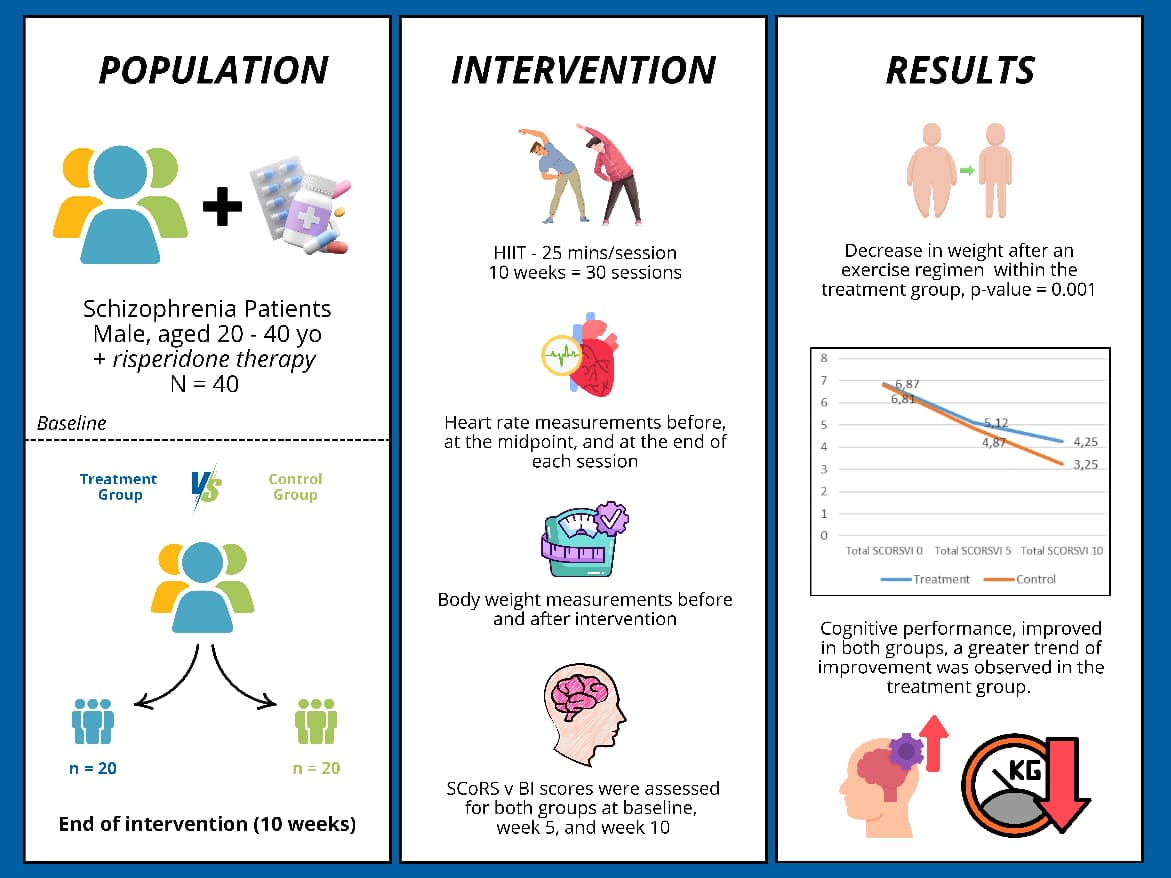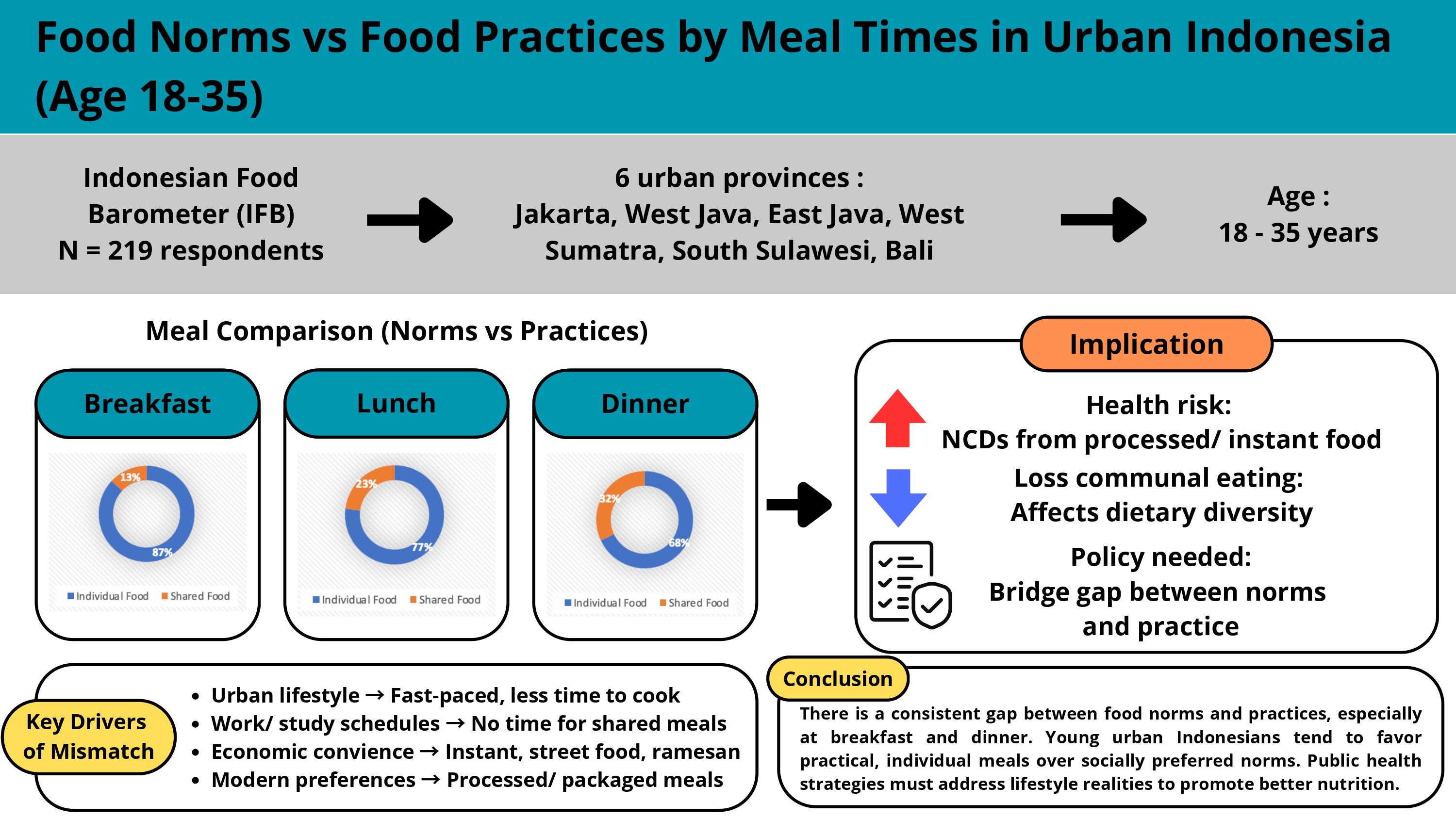The Role of Emotional Eating A Mediator in Relationship between Sleep Duration and Quality with Carbohydrate Intake among Pregnant Women
Downloads
Carbohydrate is one of the nutrients that is needed during pregnancy. Increased demand during pregnancy causes pregnant women to consume carbohydrates in excess, which occurs due to emotional eating. The increment of emotional eating is assumed to be triggered by insufficient sleep duration and poor sleep quality. This study was aimed to investigate the role of emotional eating as mediator in relationship between sleep duration and quality with carbohydrate intake among pregnant women. This study applied an analytic survey with cross-sectional design on 105 pregnant women in the second and third trimesters at Bondowoso District were sampled through multistage random sampling technique. In this study, the exogenous variables were sleep duration and quality. Meanwhile, the endogenous variables were carbohydrate intake. Emotional eating was the mediator. Data were collected using the Emotional Eater Questionnaire (EEQ), Pittsburgh Sleep Quality Index (PSQI), and 3í—24 hours food recall. Data were analyzed using path analysis. There was a direct relationship between duration and quality of sleep with emotional eating (P <0.001 dan 0.002). Sleep duration and quality were not directly associated to carbohydrate intake (P 0.817 dan 0.z724). A direct relationship was shown by emotional eating and carbohydrate intake variables (P<0.001). It is concluded that emotional eating plays a role in the indirect relationship between sleep duration and quality with carbohydrate intake for pregnant women in the second and third trimesters. Pregnant women should be able to regulate sleep patterns and dietary intake.
Al-Musharaf, S. (2020). Prevalence and predictors of emotional eating among healthy young Saudi Women during the COVID-19 Pandemic. Nutrients, 12(2923), 1–17. doi:10.3390/nu12102923.
Antoniou, E.E., Bongers, P., & Jansen, A. (2017). The mediating role of dichotomous thinking and emotional eating in the relationship between depression and BMI. Eating Behaviors, 26, 55–60. doi: 10.1016/j.eatbeh.2017.01.007.
Balieiro, L.C.T., Gontijo, C.A., Fahmy, W.M., Maia, Y.C.P., & Crispim, C.A. (2019). Does sleep influence weight gain during pregnancy? a prospective study. Sleep Science, 12(3), 156–164. doi: 10.5935/1984-0063.20190087.
Benloucif, S., Orbeta, L., Ortiz, R., Janssen, I., Finkel, S.I., Bleiberg, J., ... Zee, P.C. (2014). Morning or evening activity improves neuropsychological performance and subjective sleep quality in older adults. Sleep, 27(8), 1542-1551.
doi: 10.1093/sleep/27.8.1542.
Blau, L.E., Orloffa, N.C., Flammerb, A., Slatchb, C., & Hormesa, J.M. (2018). Food craving frequency mediates the relationship between emotional eating and excess weight gain in pregnancy. Eating Behaviors, 31, 120–124. doi: 10.1016/j.eatbeh.2018.09.004.
Dahlan. MS. (2013). Besar sampel dan cara pengambilan sampel dalam penelitian kedokteran dan kesehatan. 3rd edition. Jakarta: Salemba Medika.
Dashti, H.S., Scheer, F.A.J.L., Jacques, P.F., Lamon-Fava, S., & Ordovás, J.M. (2015). Short sleep duration and dietary intake: epidemiologic evidence, mechanisms, and health implications. Adv Nutr, 6(6), 648–59. doi:10.3945/an.115.008623.
Diggins, A., Woods-Giscombe, C., & Waters, S. (2015). The association of perceived stress, contextualized stress, and emotional eating with body mass index in college-aged black women. Eating Behaviors, 19, 188–192. doi: 10.1016/j.eatbeh.2015.09.006.
Gao, M., Hu, J., Yang, L., Ding, N., Wei, X., Li, L., ... Wen, D. (2019). Association of sleep quality during pregnancy with stress and depression: a prospective birth cohort study in China. BMC Pregnancy and Childbirth, 19(444), 1-8. doi: https://doi.org/10.1186/s12884-019-2583-1.
Geiker, N.R.W., Astrup, A., Hjorth, M.F., Sjödin, A., Pijls, L., & Markus, C.R. (2018). Does stress influence sleep patterns, food intake, weight gain, abdominal obesity and weight loss interventions and vice versa?. Obesity Reviews, 19(1), 81–97. doi: 10.1111/obr.12603.
Ghodang, H. (2020). Path analysis (analisis jalur): konsep dan praktik dalam penelitian. 1st edition. Medan: PT. Penerbit Mitra Grup.
Gibson, RS. (2005). Principles of nutritional assesment. New York: Oxfords University Press.
Hill, C., Lipsky, L.M., Betts, G.M., Siega-Riz, A.M., & Nansel, T.R. (2020). A prospective study of the relationship of sleep quality and duration with gestational weight gain and fat gain. Journal of Women's Health, 00(00), 1–7. doi: 10.1089/jwh.2020.8306.
Jumiarni. (2018). Perbandingan kualitas tidur menggunakan skala Pittsburgh Sleep Quality Index (PSQI) pada pasien gangguan cemas yang mendapat terapi benzodiazepin jangka panjang dan jangka pendek. Tesis. Makassar: Universitas Hasanuddin.
Kalmbach, D.A., Cheng, P., Sangha, R., O'Brien, L.M., Swanson, L.M., Palagini, L., ... Drake, C.L. (2019). Insomnia, short sleep, and snoring in mid-to-late pregnancy: disparities related to poverty, race, and obesity. Nature and Science of Sleep, 11, 301–315. doi: http://doi.org/10.2147/NSS.S226291.
Kemenkes RI. (2018). Laporan Nasional Riset Kesehatan Dasar Tahun 2018. Jakarta: Badan Penelitian dan Pengembangan Kesehatan.
Kemenkes RI. (2019). Peraturan Menteri Kesehatan Republik Indonesia nomor 28 tahun 2019 tentang Angka Kecukupan Gizi Yang Dianjurkan untuk Masyarakat Indonesia. Jakarta: Kementerian Kesehatan Republik Indonesia.
Kleiser, C., Wawro, N., Stelmach-Mardas, M., Boeing, H., Gedrich, K., Himmerich, H., & Linseisen, J. (2017). Are sleep duration, midpoint of sleep and sleep quality associated with dietary intake among Bavarian adults?. Nature Publishing Group, 71(5), 1–7. doi: 10.1038/ejcn.2016.264.
Kolko, R.P., Emery, R.L., Marcus, M.D., & Levine, M.D. (2017). Loss of control over eating before and during early pregnancy among community women with overweight and obesity. International Journal of Eating Disorders, 50(5), 582–586. doi: 10.1002/eat.22630.
Konttinen, H., van Strien, T., Männistö, S., Jousilahti, P., & Haukkala, A. (2019). Depression, emotional eating and long-term
weight changes: a population-based prospective study. International Journal of Behavioral Nutrition and Physical Activity, 16(1), 1–11. doi: 10.1186/s12966-019-0791-8.
Lindsay, K.L., Buss, C., Wadhwa, P.D., & Entringer, S. 2017. The interplay between maternal nutrition and stress during pregnancy: issues and considerations. Annals of Nutrition and Metabolism, 70(3), 191–200. doi: 10.1159/000457136.
López-Galán, B., & de-Magistris, T. (2019). Testing emotional eating style in relation to willingness to pay for nutritional claims. Nutrients, 11(1773), 1–16. doi:10.3390/nu11081773.
Polo-Kantola, P., Aukia, L., Karlsson, H., Karlsson, L., & Paavonen, E.J. (2016). Sleep quality during pregnancy: associations with depressive and anxiety symptoms. Acta Obstetricia et Gynecologica Scandinavica, 96(2), 198–206. doi: 10.1111/aogs.13056.
Quick, V., Shoff, S., Lohse, B., White, A., Horacek, T., & Green, G. (2015). Relationships of eating competence, sleep behaviors and quality, and overweight status among college students. Eat Behav, 19, 15–19. doi: 10.1016/j.eatbeh.2015.06.012.
Rachmawati, Y. (2019). Hubungan emotional eating dan kebiasaan konsumsi makanan jajanan dengan status gizi remaja. Tesis. Surakarta: Universitas Sebelas Maret.
Ritchie, H. & Roser, M. (2013). Diet compositions. Accessed from https://ourworldindata.org/diet-compositions.
Saleh-Ghadimi, S., Dehghan, P., Farhangi, M.A., Asghari-Jafarabadi, M., & Jafari-Vayghan, H. (2019). Could emotional eating act as a mediator between sleep quality and food intake in female students?. BioPsychoSocial Medicine, 13(1), 1–9. doi: 10.1186/s13030-019-0154-3.
Teixeira, J.A., Castro, T.G., Grant, C.C., Wall, C.R., Castro, A.L.D.S., Francisco, R.P.V., ... Marchioni, D.M. (2018). Dietary patterns are influenced by socio-demographic conditions of women in childbearing age: a cohort study of pregnant women. BMC Public Health, 18(1), 1–14. doi: 10.1186/s12889-018-5184-4.
van Lee, L., Chia, A.R., Loy, S.L., Colega, M., Tham, E.K.H., Cai, S., ... Chong, M.F.F. (2017). Sleep and dietary patterns in pregnancy: findings from the GUSTO cohort. International Journal of Environmental Research and Public Health, 14(1409), 1-14. doi:10.3390/ijerph14111409.
Wardani, H.W., Agustina, R., & Astika, E.F.D. (2018). Tingkat kecemasan dengan kualitas tidur ibu hamil primigravida trimester III. Dunia Keperawatan, 6(1), 1-10. doi: http://dx.doi.org/10.20527/dk.v6i1.4946.
Weiss, A., Xu, F., Storfer-Isser, A., Thomas, A., Ievers-Landis, C.E., & Redline, S. (2010). The association of sleep duration with adolescents' fat and carbohydrate consumption. Sleep, 33(9), 1201-1209. doi: 10.1093/sleep/33.9.1201.
Wennberg, A.L., Isaksson, U., Sandström, H., Lundqvist, A., Hörnell, A., & Hamberg, K. (2016). Swedish women's food habits during pregnancy up to six months post-partum: a longitudinal study. Sexual & Reproductive Healthcare, 8, 31-6. doi: 10.1016/j.srhc.2016.01.006.
WesoÅ‚owska, E., Jankowska, A., Trafalska, E., KaÅ‚uzny, P., Grzesiak, M., Dominowska, J., ... Polanska, K. (2019). Sociodemographic, lifestyle, environmental and pregnancy-related determinants of dietary patterns during pregnancy. International Journal of Environmental Research and Public Health, 16(5), 1–15. doi: 10.3390/ijerph 16050754.
Xiang, M., Zhang, J., Liang, H., Zhang, Z., Konishi, M., Hu, H., ... Sakamoto, S. (2019). Physical activity and dietary intake among Chinese pregnant women: an observational study. BMC Pregnancy and Childbirth, 19(1), 1–8.
doi: 10.1186/s12884-019-2452-y.
Yu, Y., Li, M., Pu, L., Wang, S.,Wu, J., Ruan, L., ... Jiang, W. (2017). Sleep was associated with depression and anxiety status during pregnancy: a prospective longitudinal study. Arch Womens Ment Health, 20(5), 695-701. doi: 10.1007/s00737-017-0754-5.
Copyright (c) 2022 Media Gizi Indonesia

This work is licensed under a Creative Commons Attribution-NonCommercial-ShareAlike 4.0 International License.
- MEDIA GIZI INDONESIA Journal is the copyright owner of all materials published on this website.
- The formal legal provisions for access to digital articles of this electronic journal are subject to the terms of the Creative Commons Attribution-NonCommercial-ShareAlike license (CC BY-NC-SA 4.0), which means that MEDIA GIZI INDONESIA Journal and readers reserve the right to save, transmit media / format, manage in database, maintain, and publish articles as long as it continues to include the name of the Author.
- Printed and published print and electronic manuscripts are open access for educational, research and library purposes. In addition to these objectives, the editorial board shall not be liable for violations of copyright law.


2.png)















